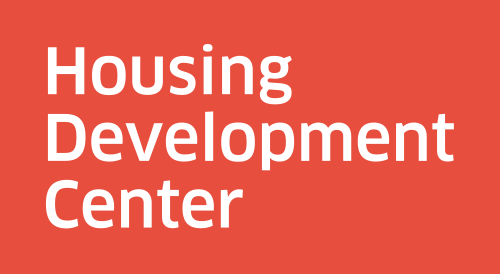Message From Traci: Treacherous operating conditions threaten lasting impacts if we don’t act.
Operating conditions for affordable housing are tougher than we’ve seen at any time in the past. Properties are getting slammed by exploding operating costs, lagging revenues, and demands on property management that far exceed capacity. Many properties are struggling, and owners are sending up distress signals. (HDC’s Liz Winchester and Kimberly Taylor break down the issues in an article they posted earlier this week).
“The pandemic knocked many properties sideways, starting in 2020. Nonprofit landlords did whatever it took, and used nearly all their financial reserves, to keep the lights on.”
Why should we care about an apartment building’s financial troubles? Because the residents of these buildings are seniors on fixed incomes and families working hard for their kids’ futures. An unstable home is a burden they don’t need or deserve. The owners of these properties are mostly nonprofits that exist to support our communities. They are spending down their organizational resources to keep tenants safely housed.
What changed? The pandemic knocked many properties sideways, starting in 2020. Nonprofit landlords did whatever it took, and used nearly all their financial reserves, to keep the lights on when residents’ jobs went away overnight. The effects lingered on after the acute crisis ended (in the form of debt-burdened properties, emotionally and financially ailing residents, and overstretched property staff). Now, owners are carrying this baggage forward in an environment of continuing market challenges, from labor shortages to spiking insurance rates and utility costs.
“We put strict limits on the ‘upside’ or excess cash these properties can save. The trade-off is that when catastrophe strikes, properties need additional public investments to recover.”
Public dollars help build affordable housing; therefore, we put strict limits on the “upside” or excess cash these properties can save. The trade-off is that when catastrophe strikes, properties need additional public investments to recover. Yet, despite recent large public investments in the development of new affordable housing, no current bill in the Oregon legislature proposes new funds to protect and preserve existing properties. We need to step up.
At HDC, we have started to shift our capacity toward working with owners to stabilize properties. We are engaging with funders to clearly understand what is happening. And we are joining with many others to ask the legislature for $30 million in preservation funds to keep hundreds of homes affordable and available to Oregonians. These funds could be immediately put to use by community-based organizations across the state.
Together, we can restore the health of struggling properties. We must move quickly; to delay action is to push distressed properties—and their nonprofit owners and residents—off the edge. Let’s mobilize the resources to address this challenge. Keeping our neighbors in their existing, stable, affordable homes is what’s at stake.

